The recent production of the opera “Tzarina,” composed by David Tukhmanov, delves into the tumultuous life of Catherine the Great, one of Russia’s most influential and controversial monarchs. Premiering in the 21st century, “Tzarina” stands out not only for its historical narrative but also for its fusion of classical and contemporary musical styles.
Notably, the opera’s composer, David Tukhmanov, is known in Russia and beyond for his versatility and contributions to various musical genres, including pop, rock, and classical music. Tukhmanov’s career has spanned several decades, during which he has consistently pushed the boundaries of musical expression. With “Tzarina,” Tukhmanov ventures into the operatic realm, bringing his unique sensibilities to the classical tradition.
The historical context of “Tzarina” is undeniable as the plot follows the Empress’s life from her early years as a young girl in Prussia, singing in German, to her later years as a regal Empress in Russia, conversing with her grandchild. Known as Catherine the Great or “Tzarina,” she ruled Russia from 1762 to 1796. Born Sophie Friederike Auguste von Anhalt-Zerbst-Dornburg, she married the future Emperor Peter III and later orchestrated a coup to overthrow him, ascending to the throne herself. Catherine’s reign is marked by significant political, cultural, and military achievements, as well as personal scandals and intrigues.
The opera dramatizes key moments in Catherine’s life, from her arrival in Russia and her tumultuous marriage to Peter III to her ascent to power and subsequent reign. The narrative explores themes of ambition, power, love, and betrayal, painting a complex portrait of a woman who defied the conventions of her time to become a legendary ruler. Under Catherine’s long reign, influenced by Enlightenment ideas, Russia experienced a cultural and scientific renaissance, resulting in the founding of many new cities, universities, and theatres. This period also saw large-scale immigration from Europe, recognizing Russia as one of the great powers of Europe.
Several key themes are intertwined in the opera’s narrative:
Ambition and Power: Catherine’s relentless drive to gain and consolidate power is a central theme, highlighting her political acumen and strategic prowess.
Personal Struggle: The opera delves into Catherine’s personal life, including her fraught marriage, her relationships with favorites, and her struggle to balance personal desires with political responsibilities.
Cultural Enlightenment: Catherine’s efforts to modernize Russia and her patronage of the arts and education are significant aspects of her legacy, reflected in the opera’s portrayal of her intellectual pursuits.
The innovative aspect of the opera “Tzarina” lies in Tukhmanov’s ability to blend classical operatic elements with modern musical idioms. The score features lush orchestration and memorable melodies, characteristic of traditional opera, while also incorporating contemporary harmonic and rhythmic techniques. This fusion creates a unique soundscape that enhances the historical drama and emotional depth of the narrative.
The production of “Tzarina” is notable for its grandiose staging, elaborate costumes, and innovative use of multimedia elements. The visual spectacle of the opera, combined with Tukhmanov’s evocative score, immerses audiences in the opulent and turbulent world of 18th-century Russia.
Since its premiere, “Tzarina” has received acclaim for its compelling storytelling, strong performances, and Tukhmanov’s inventive composition. Critics have praised the opera for its nuanced portrayal of Catherine the Great and its ability to engage contemporary audiences with a historical subject.
“Tzarina” has also contributed to the ongoing evolution of modern opera, demonstrating the potential for classical music to adapt and thrive in the 21st century. By bringing historical figures to life through a modern musical lens, Tukhmanov’s opera underscores the timeless relevance of opera as an art form. Additionally, it reminds the audience of important moments in Russian history, such as the annexation of the Crimean Khanate by Russia following victories over the Ottoman Empire in the Russo-Turkish War.
Opera “Tzarina” is a significant work in the landscape of modern opera, offering a fresh and compelling portrayal of one of history’s most fascinating figures. Through its blend of classical and contemporary musical styles, rich thematic content, and innovative staging, “Tzarina” not only honors the legacy of Catherine the Great but also pushes the boundaries of what opera can achieve in the modern era. As it continues to be performed and appreciated, “Tzarina” stands as a testament to the enduring power of operatic storytelling.



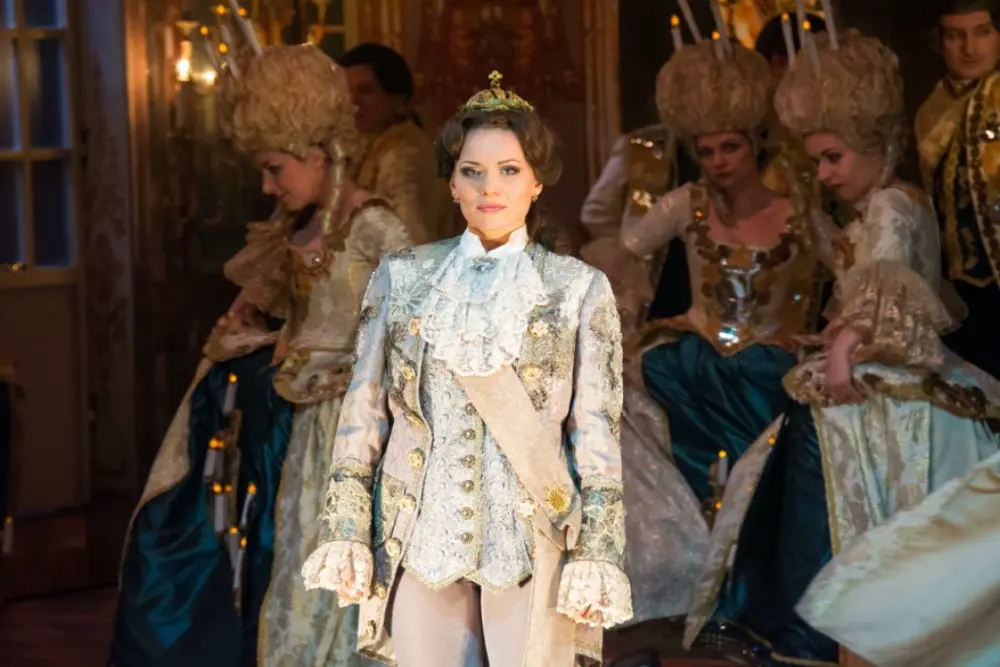
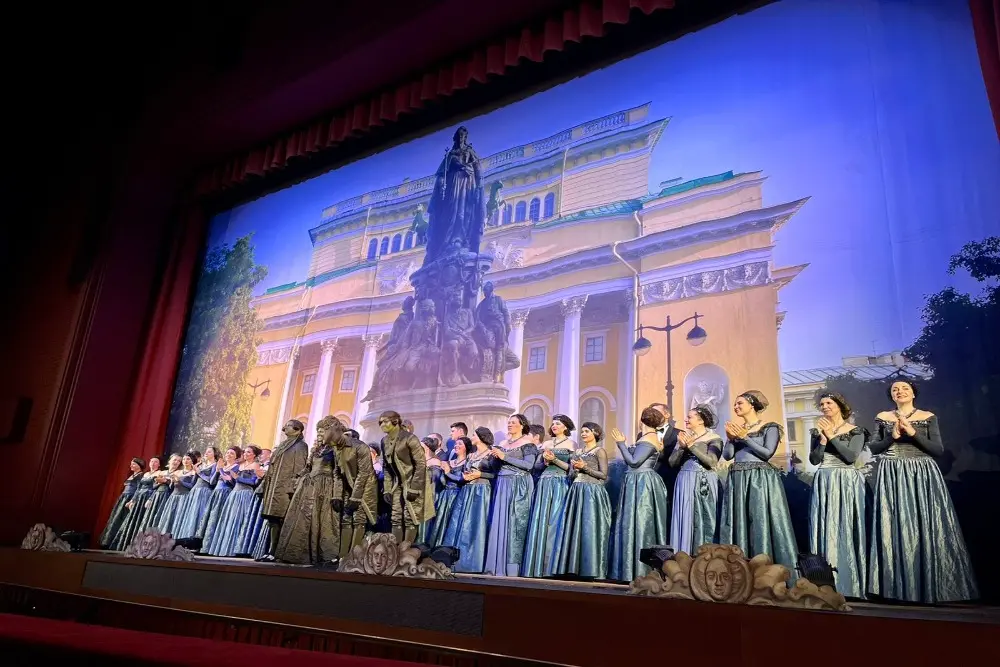

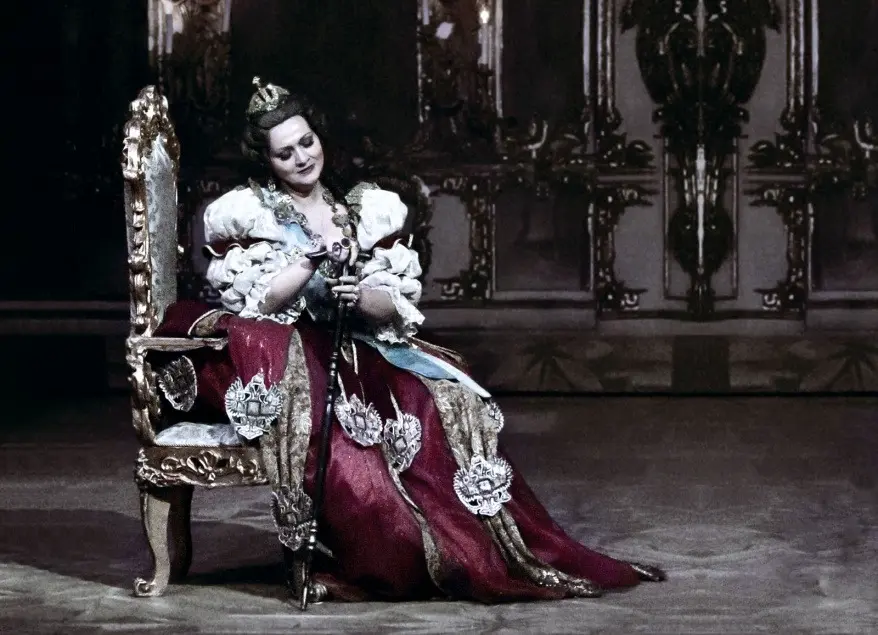
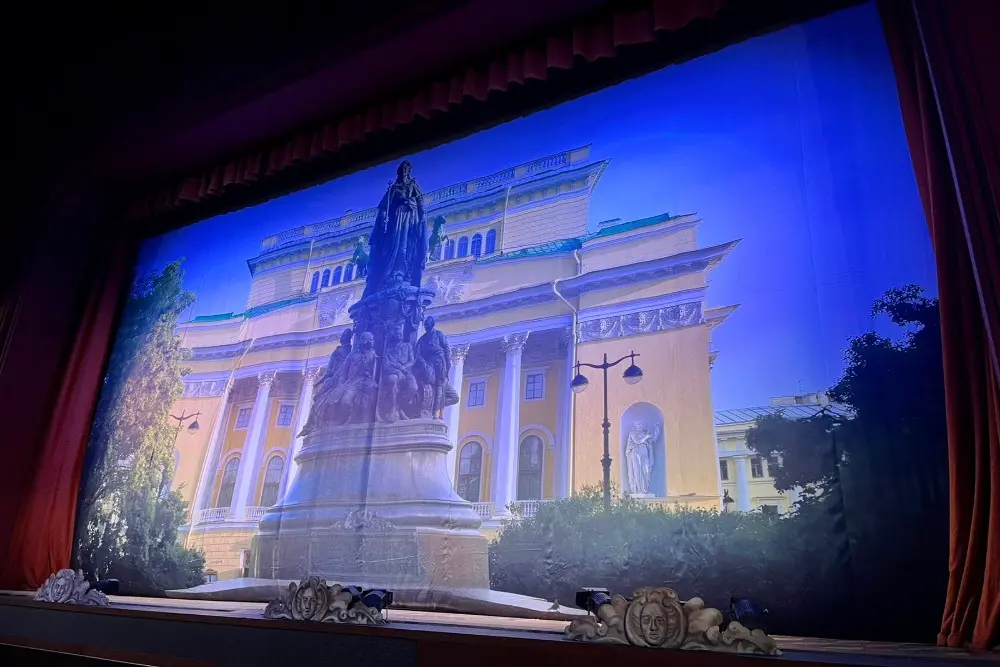
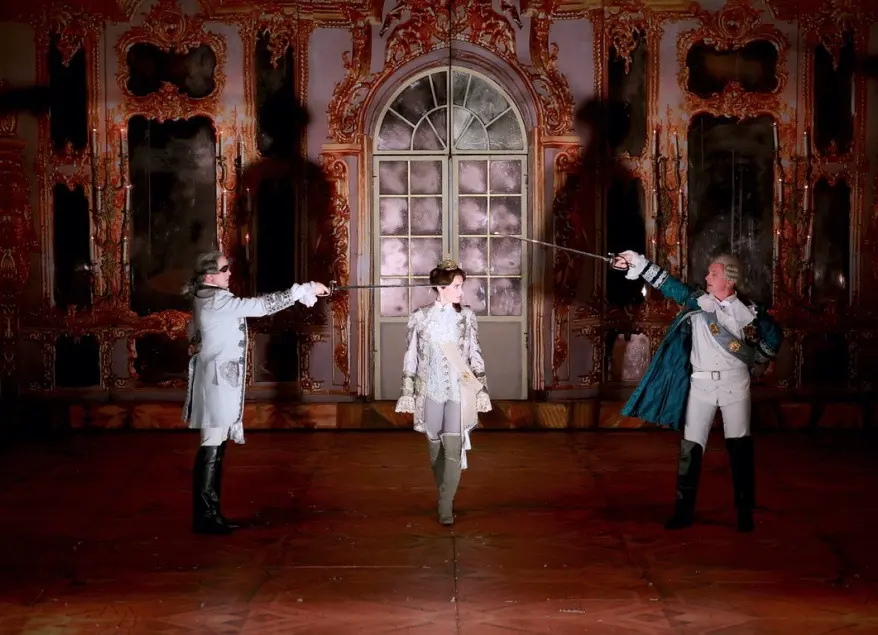
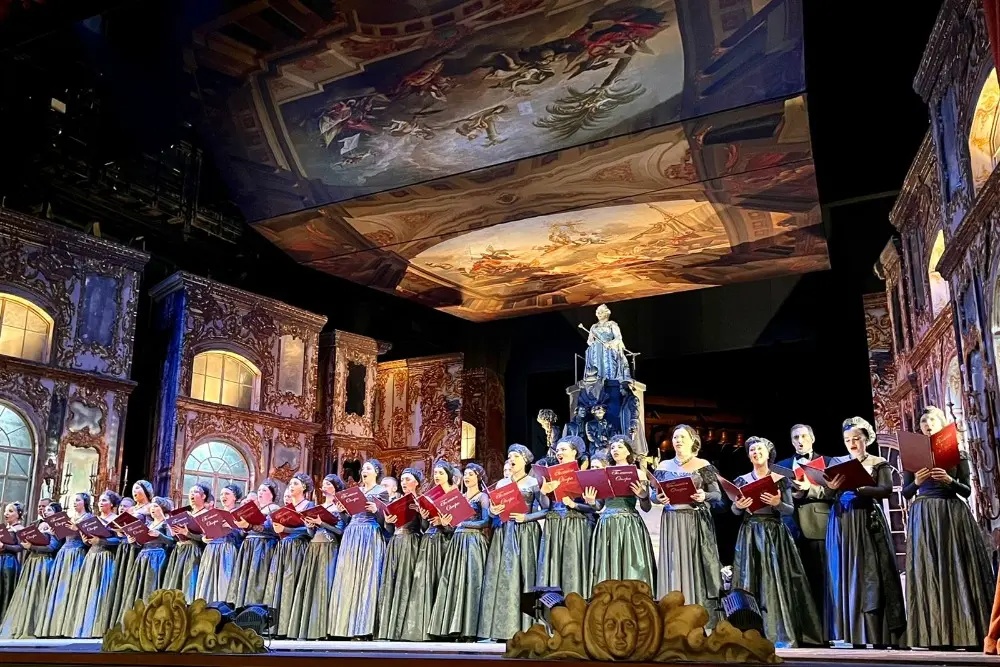
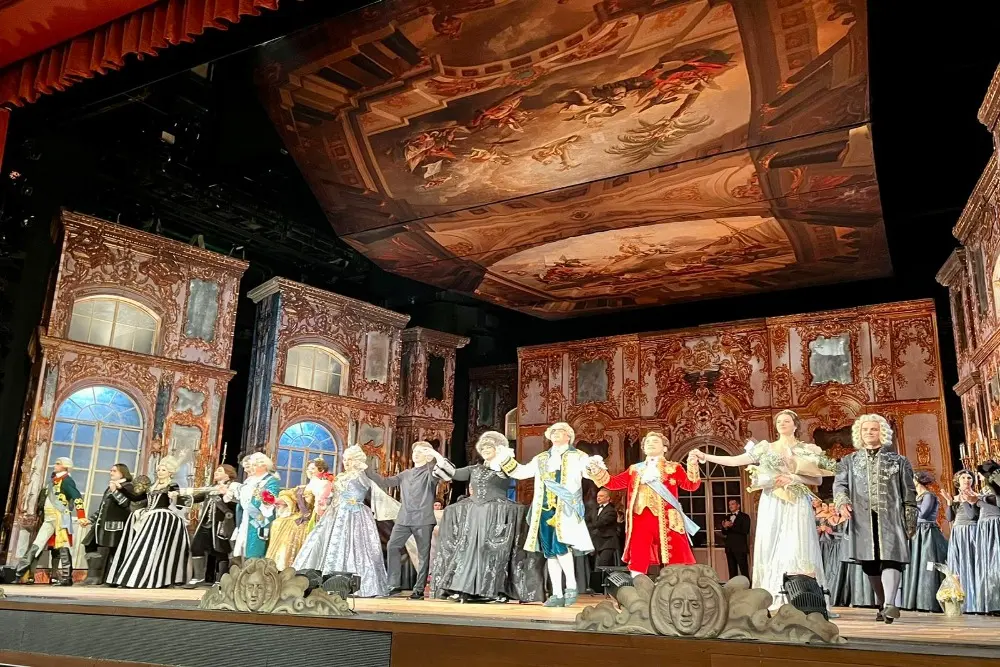











Comments